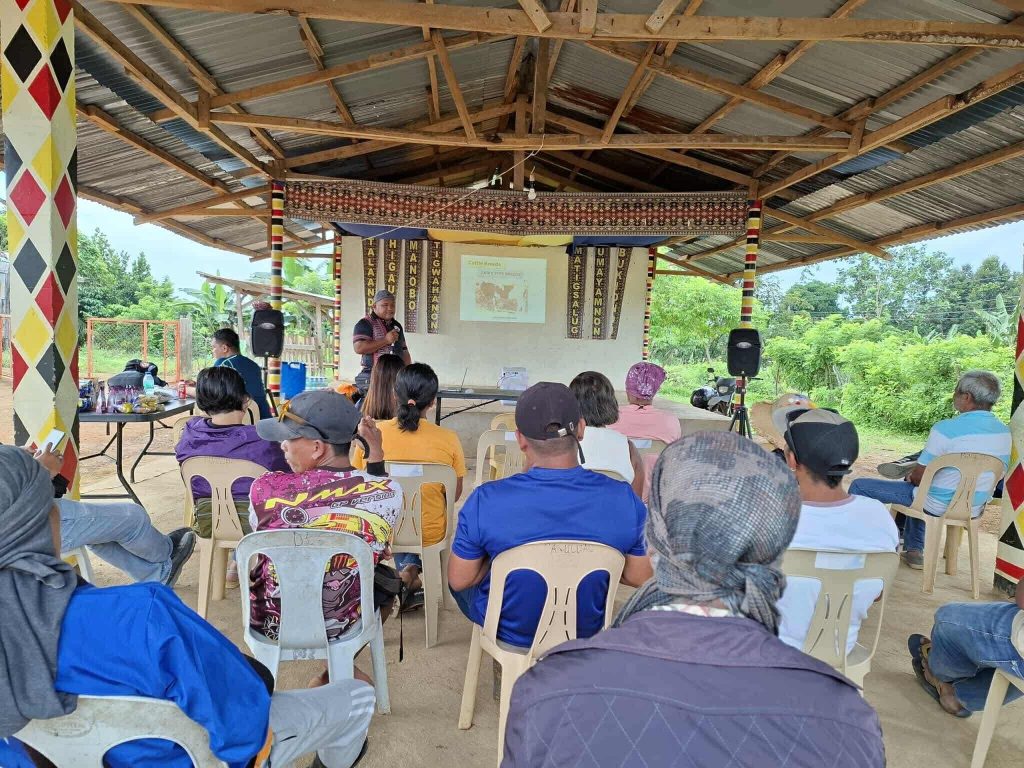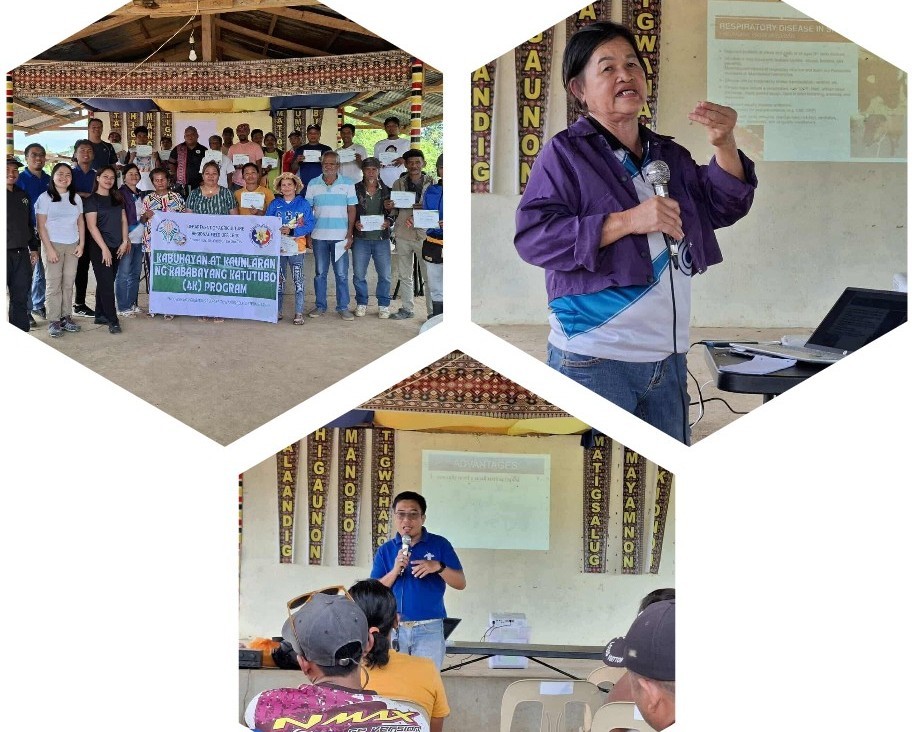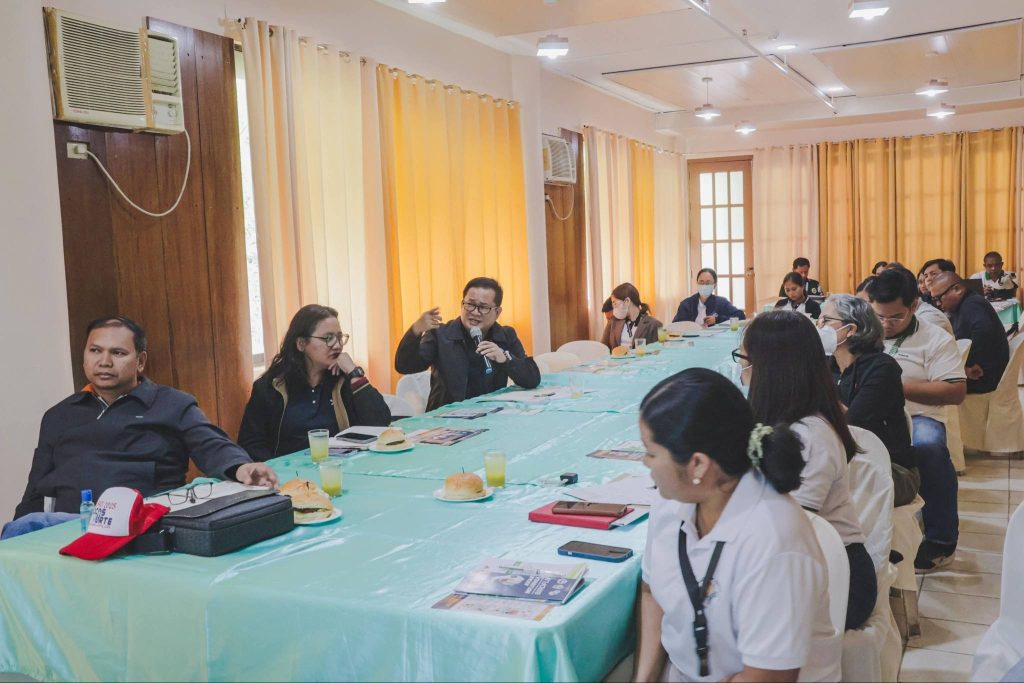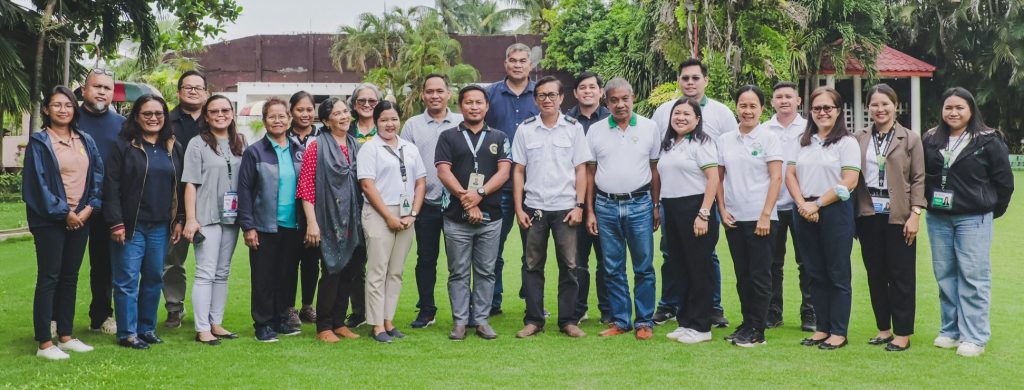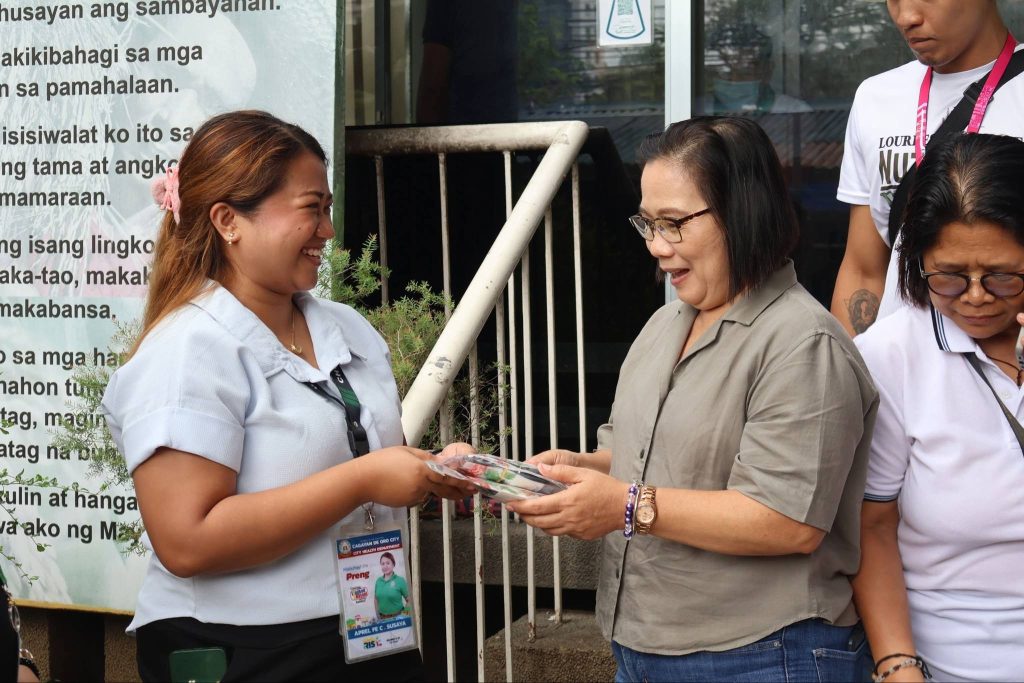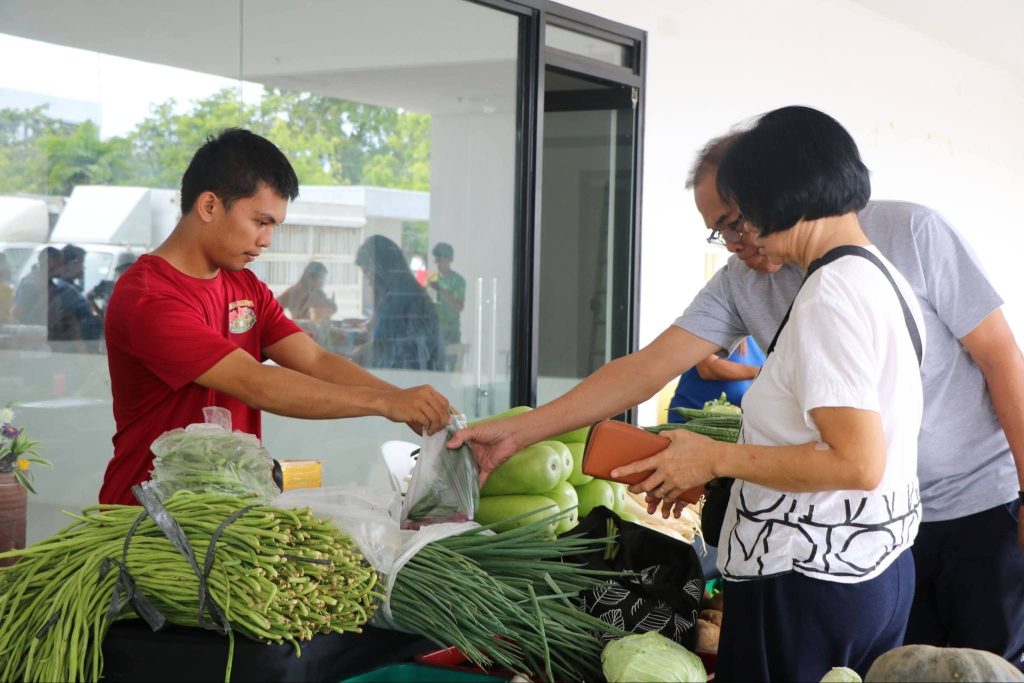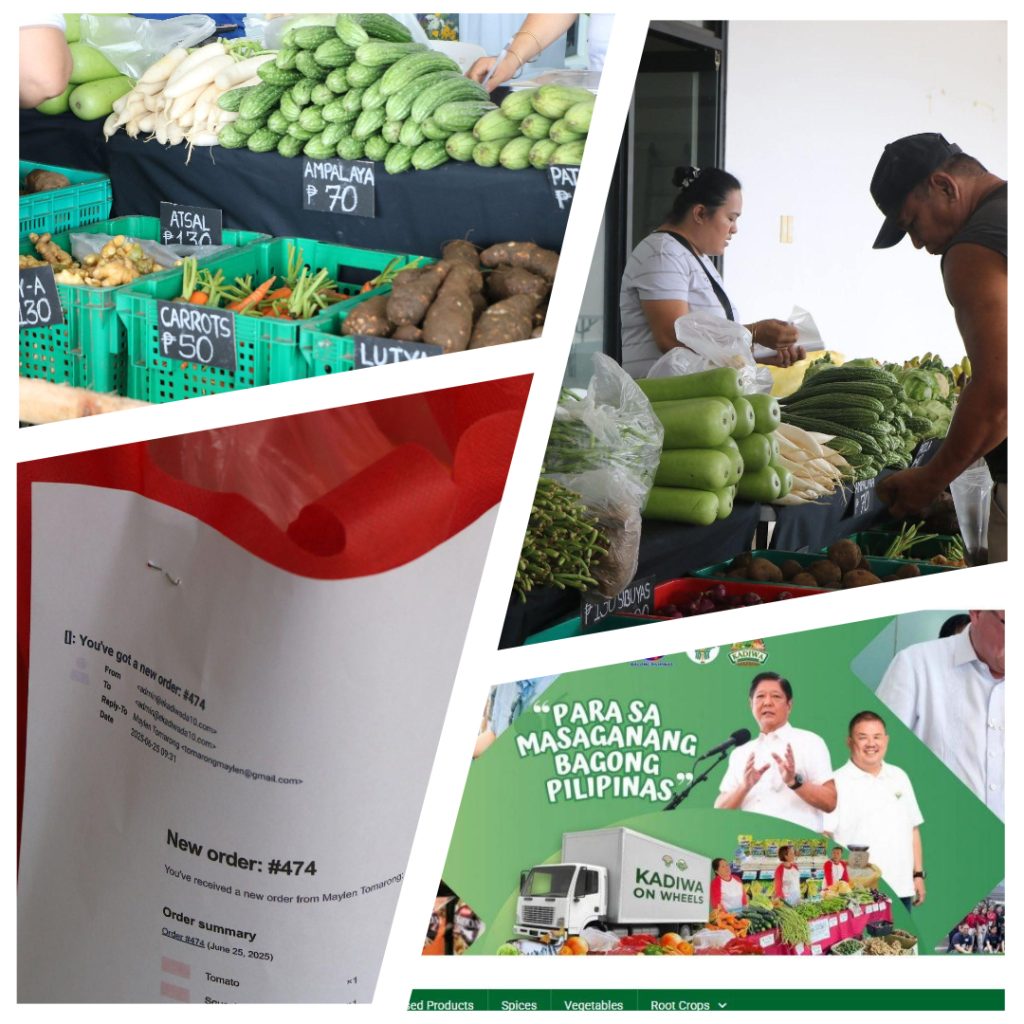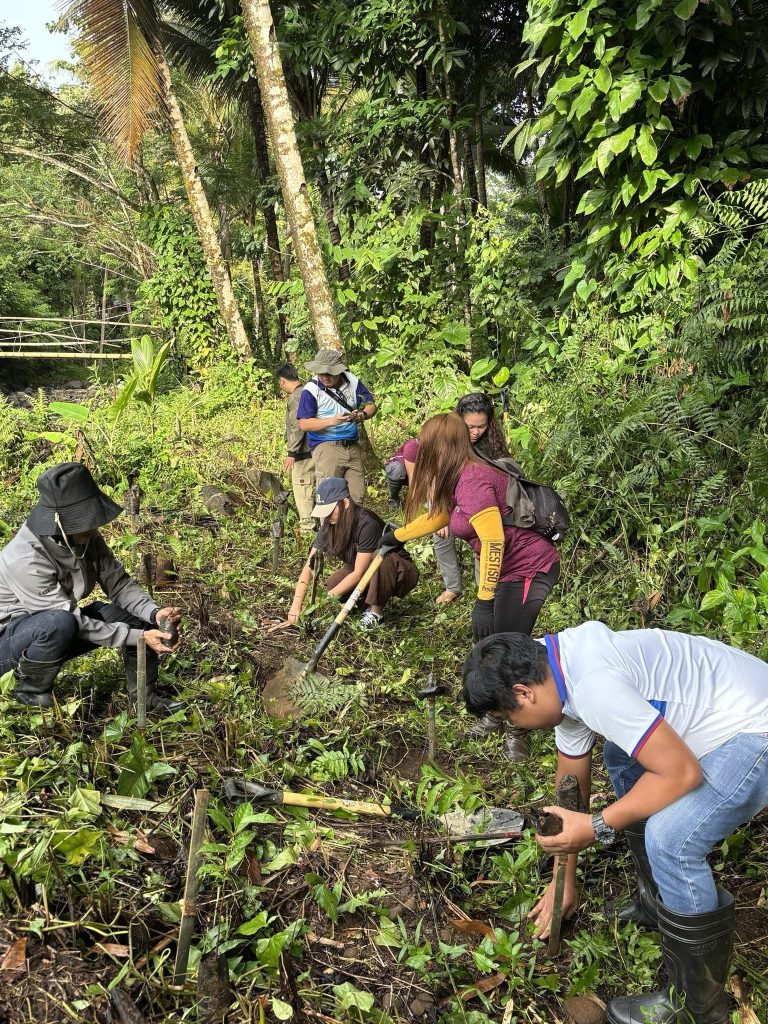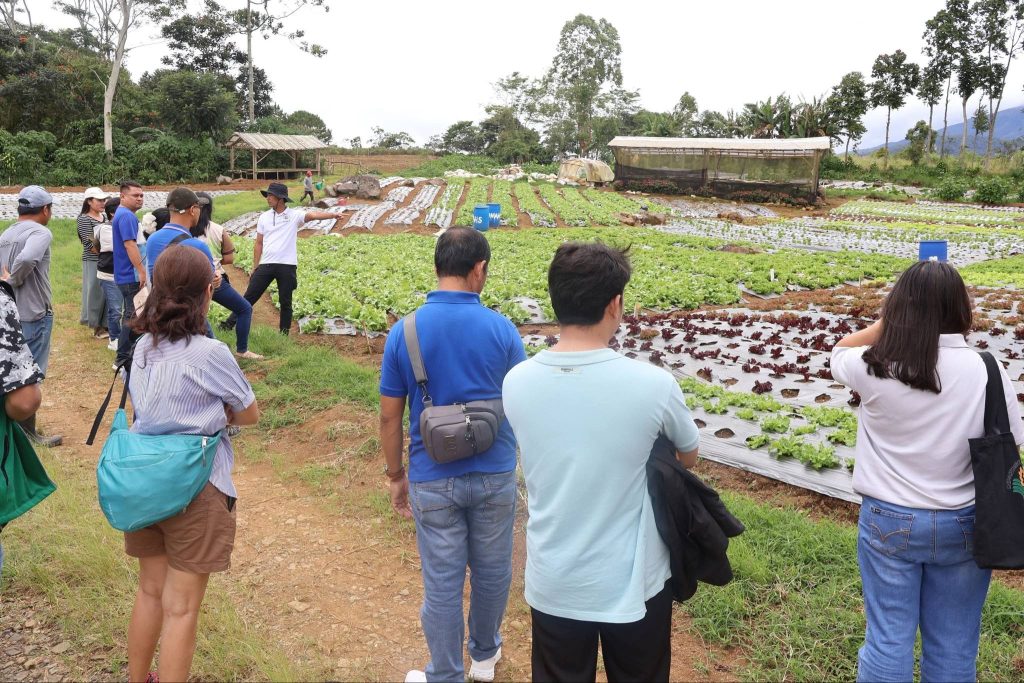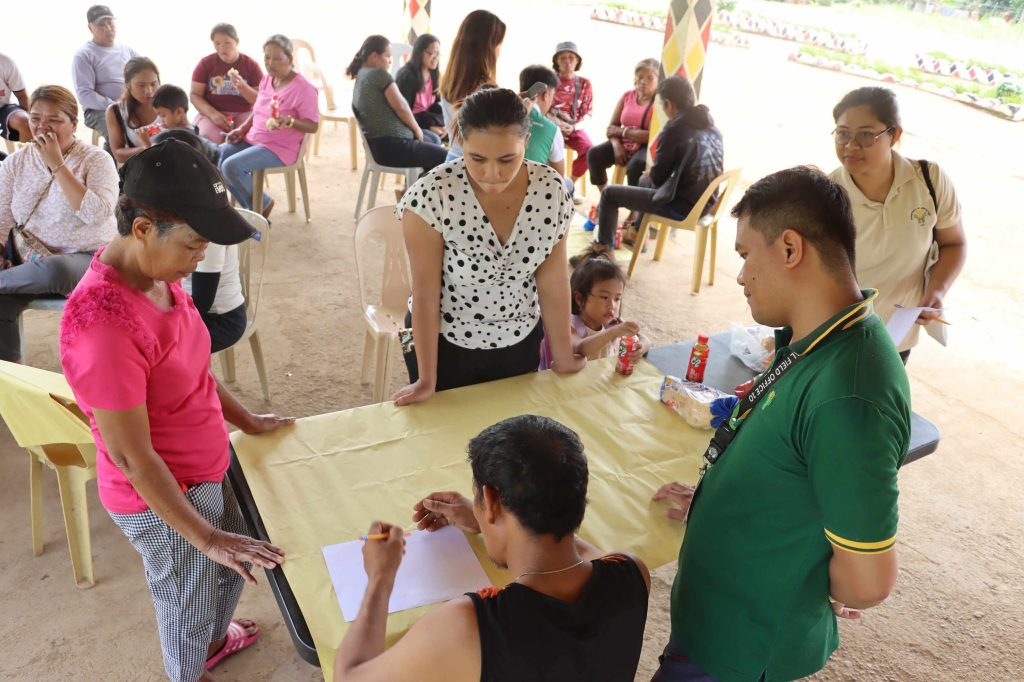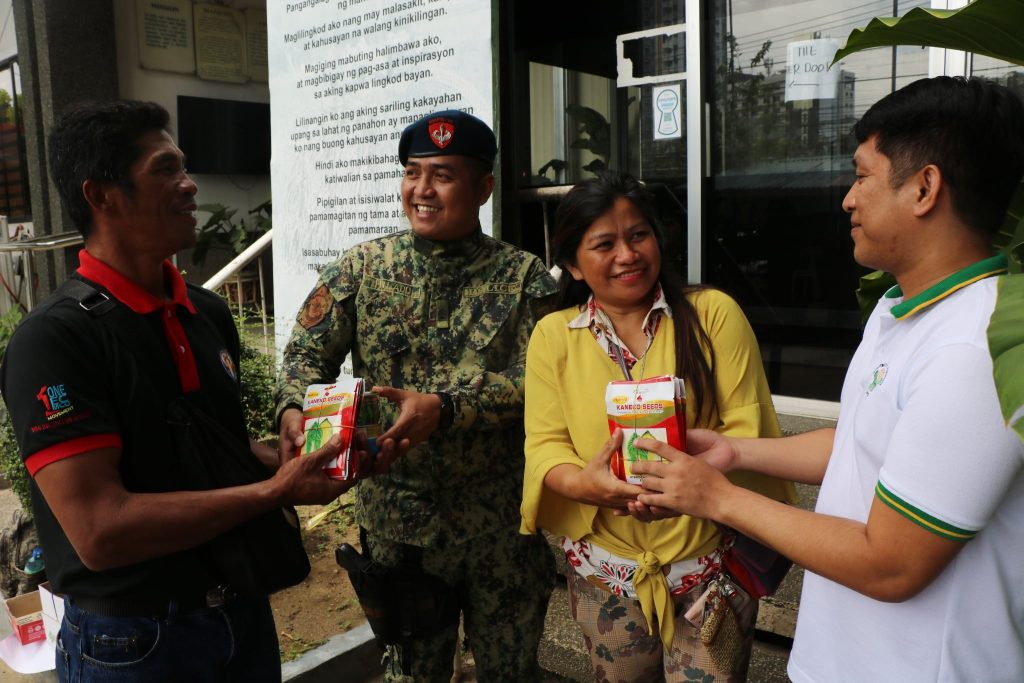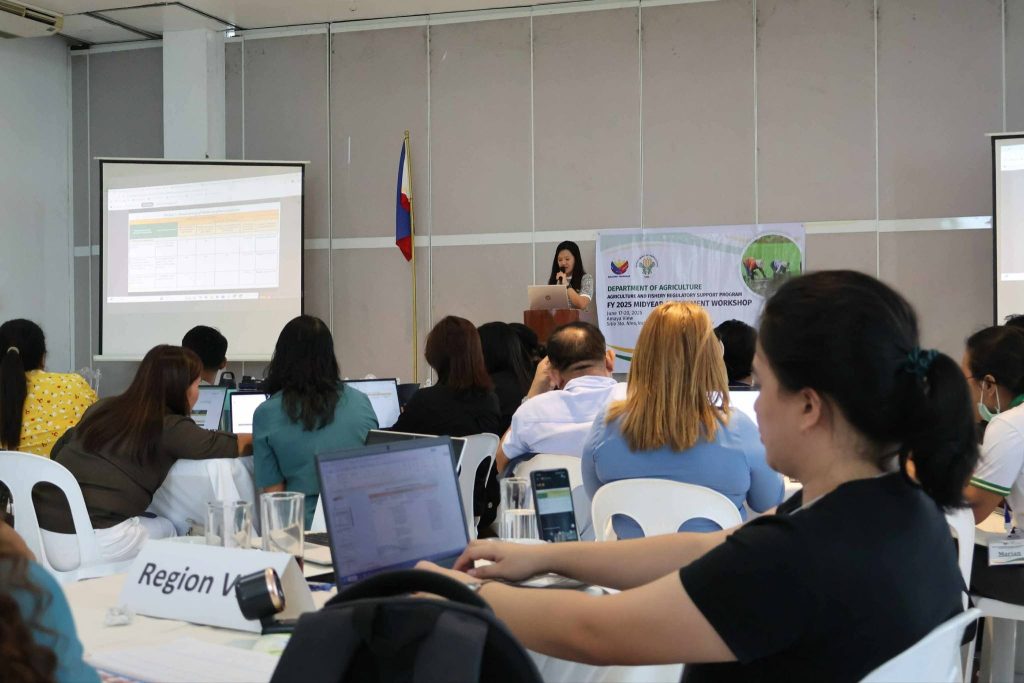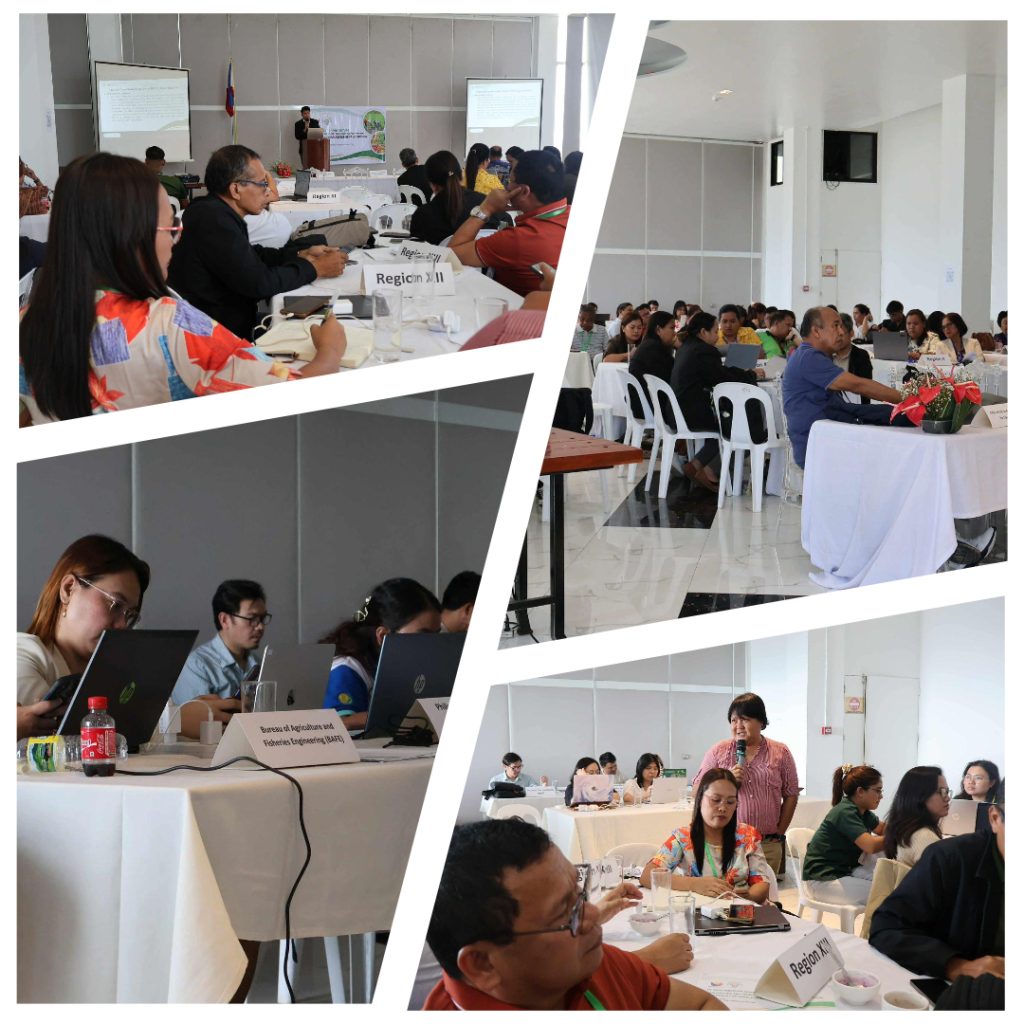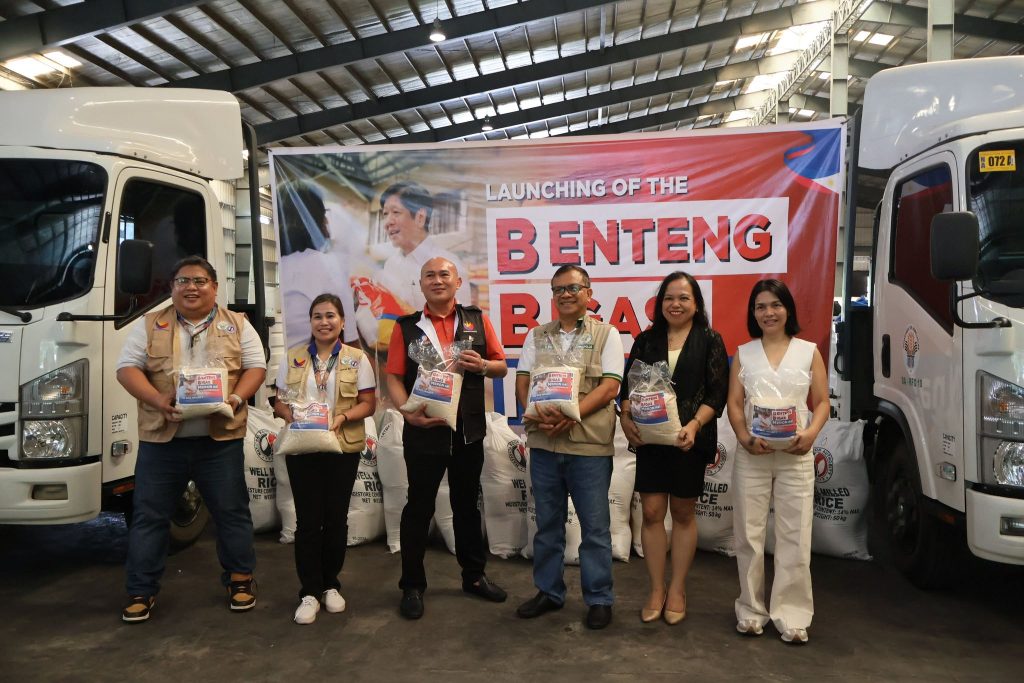
Benteng Bigas Meron Na launch in NorMin benefits 3,250 minimum wage earners
Cagayan de Oro City – A total of 3,250 minimum wage earners in Northern Mindanao availed of Php20 rice as the Department of Labor and Employment – Region 10 (DOLE-10), Department of Agriculture – Region 10 (DA-10), National Food Authority – Region 10 (NFA-10) together with the DA’s Food Terminal, Inc. (DA-FTI) formally launched the Benteng Bigas Meron (BBM) Na in the region Friday, June 13, here.
As pilot recipients, members of the Del Monte Bugo Cannery Labor Union, Cagayan Corn Product Independent Union, Macajalar Labor Union and Associated Labor Union availed 10 kilos of rice at PhP20 each during the BBM Na roll out.
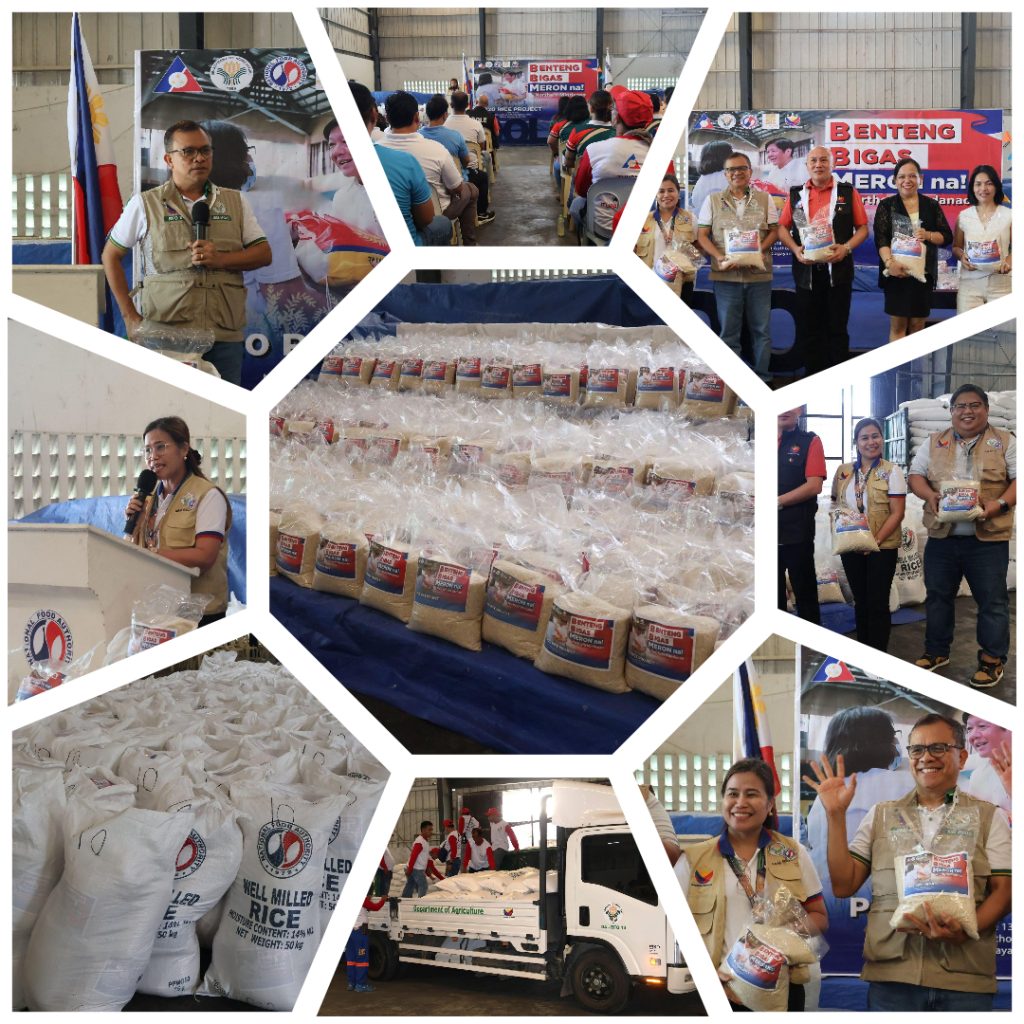
As an expansion to the government’s PhP20 rice program, the BBM Na aims to provide affordable rice to low-income workers in the country.
DA-10 Regional Executive Director, Jose Apollo Y. Pacamalan said the program is a realization of President Marcos’ vow to make rice affordable, particularly for the vulnerable sectors.
In line with the government’s PhP20 rice campaign, Director Pacamalan bared the DA-10’s amplified effort to develop and promote a farming system that would help farmers reduce rice production cost, to lower rice prices in the market.
“To lower rice prices in the market, we have to reduce production costs on the farm. Right now, we are focused on developing the integrated rice-duck farming system. Through this technology, coupled with mechanization support, and rice seeds and fertilizer subsidy, the DA-10 aims to capacitate our rice farmers to reduce production cost by 40% and increase yield by 5-10% annually,” he said.
NFA-10 Assistant Regional Manager Rejorie R. Onde assured the BBM Na beneficiaries of the quality of NFA rice distributed to them. She also disclosed that the NFA-10 has prepositioned an inventory of 440,000 bags palay (50kg/bag) and 60,000 bags well-milled rice (50kg/bag) across Northern Mindanao as buffer stock for calamities and ready support to the PhP20 rice program.
In view of the BBM Na roll out, DOLE-10 Regional Director, Atty. Joffrey M. Suyao calls for not just whole-of-government approach, but the whole-of-society approach to address high prices and insufficiency of food commodities.
Capitalizing on their network of labor unions and labor management council, he urged for collaborative initiative to help not just the labor sector, but more so the farmers and fishers.
Overall, a total of 32,500kg of PhP20 rice were distributed to the minimum wage earners in Northern Mindanao during the nationwide simultaneous launching of the BBM Na. The rice were co-subsidized by the DA-FTI and the participating labor unions.
Marilyn C. Oba-ob, a member of the Del Monte Bugo Cannery Labor Union is among the thousands of PhP20 rice BBM Na beneficiaries.
“This is a great help for workers like us and our family, especially with downtime at work now. We thank PBBM for making this possible for us,” she said.
For ease of logistics, the DA-10 assisted the labor unions in hauling the rice to their respective institutions.
The BBM Na launch preludes the phase 3 roll out of LGU-subsidized PhP20 rice in Northern Mindanao, slated in September. Areas with high poverty incidence rate are prioritized for the LGU-led PhP20 rice program.
Reflective of President Marcos’s directive to make rice an affordable staple for all Filipinos, the DA-10 continuously championed forefront agricultural services in synergy with other government and private instrumentalities. # (ATT/Photo credits: ATT & EJLG)
